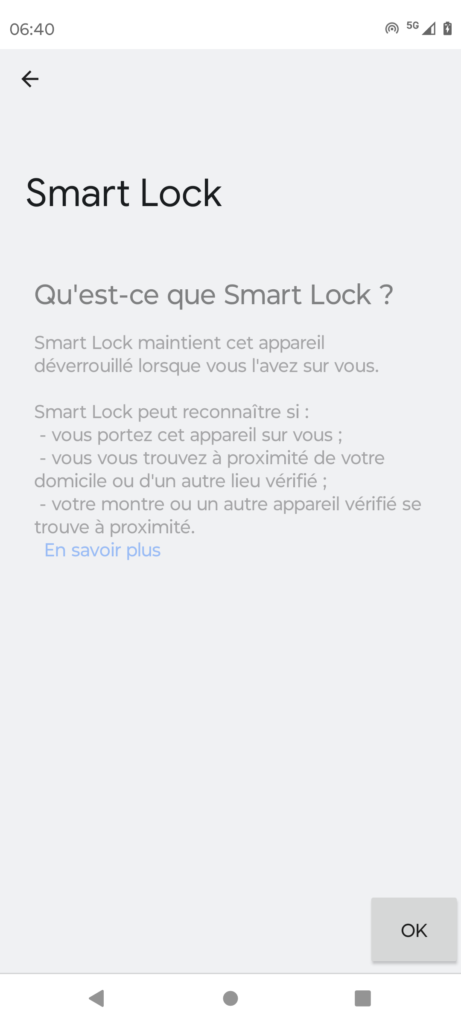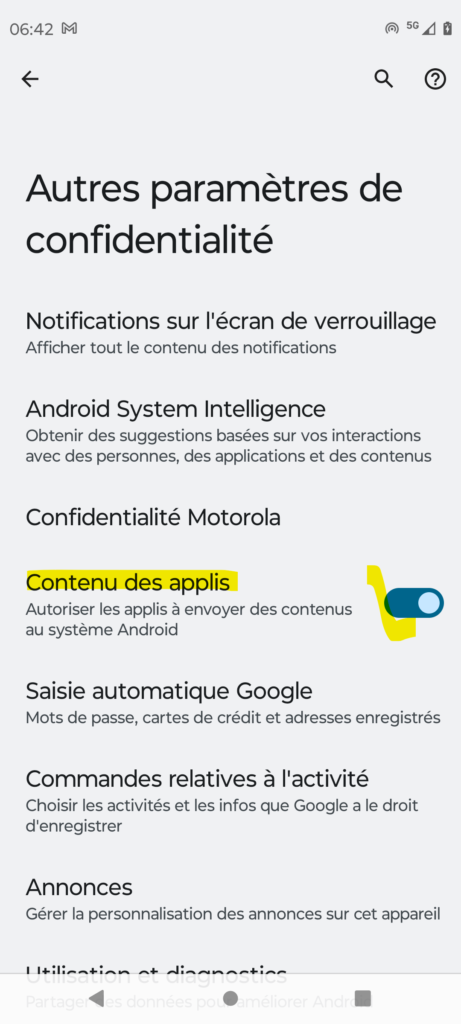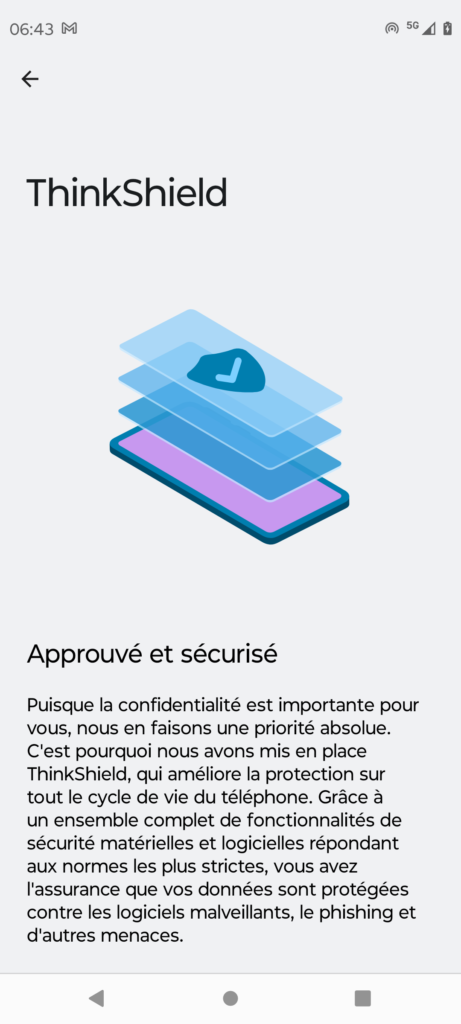Windows VS Android – Functionality or safety: what should be the primary key?
Well, both.
Bad news is, they are both outdated by a lack of internal skills, each in their own way.
As previously mentioned in this post, to me Google has been wrong when focusing on recruiting sales people to sell ads to the entire world, while forgetting to hire tech people who actually understand its products and the use and needs of the users behind. They tried to work properly and I respect that, but there is a dangerous world out there where people don’t like to respect the rules.
Result is, I doubt they manage to protect them, and that’s a problem when you own so much market share.
As an example, to me the Android platform may be showing a security breach, and in our everyday lives, an Android Security breach looks very like a backdoor into personal, freed speech and democratic functionalities.
- My first interrogation is about this Android function / App by default, which keeps my phone unlocked. I don’t know when and I don’t know why, it doesn’t feel too smart to me at all to be honest.

- The second question is about this option here. Before I check this option, and decide to say yes or no, I would be very happy to know what “content” my apps are supposed to send to Android. Especially when asked to make a decision, I like to be asked a precise question. This not the case here.

- I am not too sure about what this means either, the message here is so vague that it probably doesn’t mean anything, and I have no idea of what has been approved on my personnel phone and why, this is not how I see a proper security strategy.

- Being unable to change a Google Account Password in less than 7,5 hours because the procedure is unintelligible is not a good practice either to me.
- And the last but not least, the password storage in Google Chrome is a handy tool in a day to day life of the users, but it is candy for gifted hackers who can by hacking a Google Account password, access the entire life, data and intimacy of a user.
Allright, Google is a king of usability and deserves its popularity, but guys, the world is bigger than the United States, there are selfish and dangerous people out there you know. Business is cool, but safety is not only comfort it is necessary.
Microsoft is facing a different issue.
The first difference is, a lot of third party security tools exist, such as antivirus softwares to protect personal computers. Some of them work well, others not that much.
Second point is, in nowadays lifes, real bad people like States at war or non democratic governments, nourish more ambitions with phones than with computers, as they are way more powerful tools in their hands if they get to crack them.
Being the first OS ever invented in this broken world, Microsoft Windows has probably some wisdom too, and a documenting and a be on guard corporate culture that can be helpful sometimes. Geeks around the world grew up trying to crack windows, not Android.
One team has been learning for a longer time.
So generally Windows and Microsoft products are able to better fly under the radar of malicious and smart people.
Issues on Microsoft products are more functionality malfunctions. Softwares and Computers which freeze out of the blue, Microsoft Office accounts that disconnect from their license and impeach people to work, Windows search that pops up from nowhere when typing on a document, Outlook messages deleting unauthorized on outlook mobile app, and so on.
But because Microsoft has been externalizing technical helpdesk people and skills, probably nobody at Microsoft knows that these things don’t work, not even mentioning how to fix them.
Problem is, when you work on a safe environment where nothing works properly, you go elsewhere because things need to be done. To me, when two teams show complementary skills, best thing to do is to ask them to work together.
Because at some point, protecting our back is fine but when you hold that kind of market share, protecting the users’ ones must become a priority.
